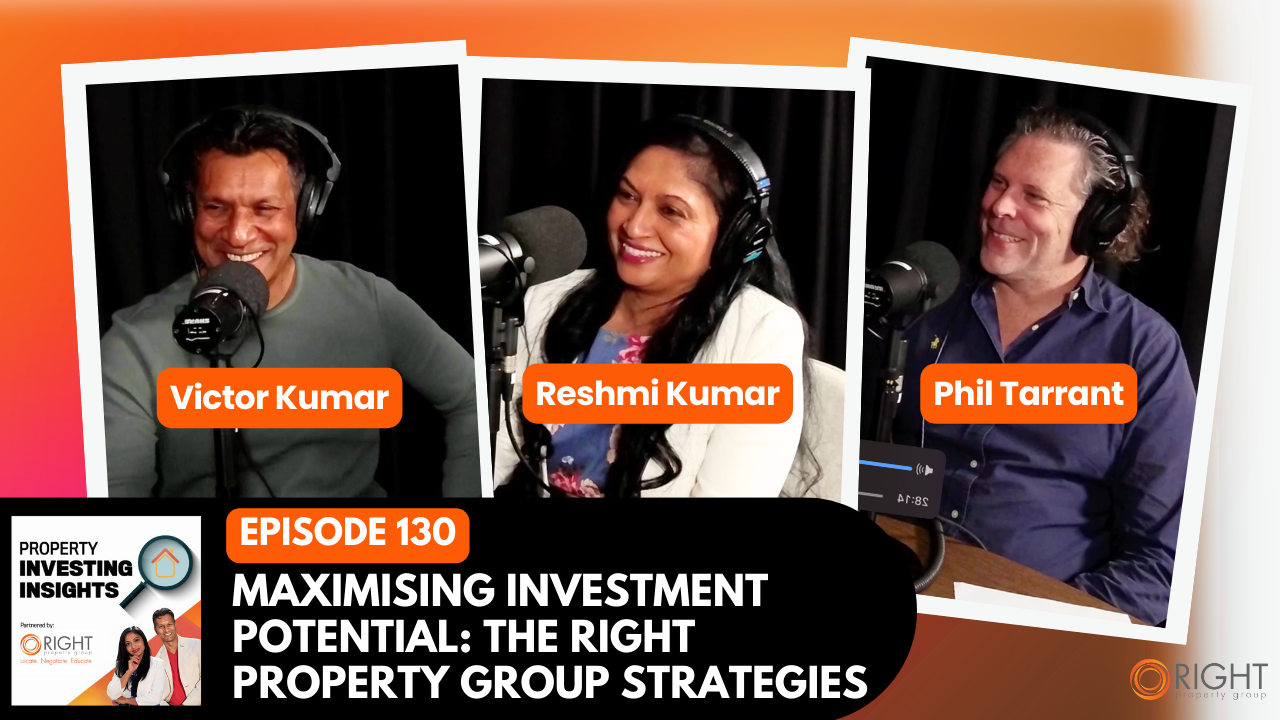How Greed And Ego Kill Investment Success
By Steve Waters
When it comes to failing with investing in any asset, you are your own worst enemy, because there are two deadly sins sure to undercut your potential and torpedo good decisions.
Greed and ego.
Every lousy choice when it come to your portfolio is a derivative of these two. They white-ant good sense and derail long-term strategies.
I think that just about the easiest way to lose money in real estate is to let greed and ego rule.
Ego is a dirty word
There’s no doubt the failings caused by ego have increased in the modern era.
The social media revolution means everyone is keen to boast about their bigger/faster/better/more achievements. Your reach is so much greater and the chance to tell others how well you’re doing in an instant (whether it’s true of not) has been elevated.
Because of this social platform for embellishing vanities and exaggerating successes, people become too afraid to admit they don’t know it all – and that means valuable advice from the subject matter experts is either not sought out or ignored entirely.
In addition, ego can blow up a negotiation. It stops good sense finding a profitable compromise, instead choosing a, ‘my way or the highway’ approach doing deals.
Negotiations should never be personal.
Have you ever seen two bidders go beyond the price-point of good reason at an auction? Say hello to an ego war where there are no winners except the vendor.
Ego is thinking you know it all so you make a bad, rushed decision and are still convinced your portfolio will self-manage.
Worst of all, you are too ashamed or unaware to ask for help when it’s finally needed.
Greed isn’t good
Greed tells the investor they should strive for more with scant regard for a sensible approach to what the market and your finances are saying.
This is most evident when greed undercuts your due diligence process and you start rationalising your bad decisions.
Ever heard of the term ‘confirmation bias’? It’s where you seek out information that aligns with your own pre-conceptions, despite evidence to the contrary.
Let’s say you’re looking at doing a small splitter block development project and you start researching recent comparables to determine your end sale prices. You might come across a huge sale that’s out-of-line with what everything else is telling you. Instead of looking at the weight of data and questioning why they achieved such a high figure, conformational bias has you clinging to this one piece of evidence which suggests you’ll get top-dollar for your newly created sites.
This is greed at its finest.
In addition, people mistakenly think real estate is an instant-win scenario rather than a long-term triumph.
Unfortunately, greed feeds this quick-fix mentality, so you’ll force the numbers and manufacture results. You might look at a potentially cheaper build cost or interest rate than is reasonable because you want to make the end result as big as possible.
Ask any long-term developer – 80% lose money to greed at some point.
They’ll have bought when the numbers didn’t stack up. They’re forced into a position where they have to develop – then, to make matters worse, ego compels them to keep going because they can’t envisage a loss-making scenario.
Another area where greed takes control is where you devalue the fees of your professional advisors like your solicitor or accountant. In these fields, you often get what you pay for, so expect a cut-price service if you try and negotiate them down.
Some greed will drive you to cut costs entirely by DIY-ing skills you should leave to an expert.
Ask anyone who’s had grief with a self-managed property. They’ll confirm that a property manager is worth their weight in stress-free gold.
The solution
The cure for greed and ego is simply self-awareness.
You must take the time to say, “Hold on! Am I making a rash decision here, or am I just feeding my greed and ego machine?”
One obvious sign is when you start to short cut the due diligence process. If you begin to cut corners and barely scratch the surface when researching an investment option, greed and ego are sneaking up.
You’ll also start making personal finance justification like, “I don’t need a cash flow or capital buffer! I’ll be fine!”
This is dangerous territory I’m afraid.
A useful habit for all investors is to have someone else regularly check on your investment process and plans, and tell you what you NEED to hear, not what you WANT to hear.
Invite those with more experience and an objective point of view to look over your portfolio and give feedback. Even as a property professional, I will ask others to check over my situation and provide honest advice of what I am doing.
Occasionally the guidance you receive will seem painful but, in truth, it could save you from ruination. Sometimes you’ll make more money by doing nothing and building your war chest rather than fulfilling your greed and ego needs through constantly buying investments.
Greed and ego are that bad influence your more experienced friends had been warning you about. It’s time to cut them loose and ensure you’re making the right choices for the right reasons.


